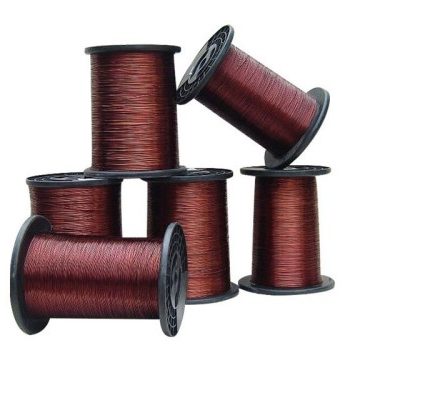What Type Of Wire Is Most Durable?
Wires are the unsung heroes of our modern world, serving as the lifeblood of our interconnected systems. Whether it’s transmitting electricity, data, or signals, the choice of wire can make a substantial difference in terms of longevity and performance. In this blog, we delve into the world of wires and investigate which type stands out as the most durable.
Why Durability Matters
Durability is a crucial factor when selecting wire types for various applications. A durable wire not only ensures a long lifespan but also reduces maintenance costs and the risk of electrical failures or data transmission problems. It’s essential to choose the right wire type to meet the specific demands of your project or application.
Common Types of Wires
Copper Wire:
Copper has been the go-to material for electrical wiring for decades due to its excellent electrical conductivity and corrosion resistance. However, it is not without its vulnerabilities. Copper wires are prone to oxidation, which can lead to degradation over time, especially in humid or corrosive environments. To combat this, many copper wires are coated with materials like tin or nickel to improve durability.

Aluminum Wire:
Aluminum wire is known for its lightweight and cost-effective qualities. While it has been used extensively in power transmission lines, it is not as durable as copper. Aluminum is more susceptible to oxidation and can experience issues like thermal expansion and contraction, which may lead to loose connections.

Steel Wire:
Steel wires are incredibly strong and durable, making them ideal for applications that require resistance to physical stress and tension. However, they are not commonly used for electrical or data transmission due to their poor electrical conductivity.
Fiber Optic Cable:
Fiber optic cables are the gold standard for data transmission. They consist of thin strands of glass or plastic, and their durability comes from their immunity to electromagnetic interference and resistance to environmental factors like moisture and temperature fluctuations. Fiber optic cables are incredibly durable for data transmission but are less suitable for carrying electrical power.
Nylon-Coated Wire:
Nylon-coated wires are often used in outdoor applications because the nylon coating provides protection against abrasion, moisture, and UV radiation. This type of wire can be durable, but its overall longevity depends on the quality of the coating.

The Most Durable Wire: It Depends
The choice of the most durable wire depends on the specific application and environment. Here are a few key considerations:
Indoor vs. Outdoor Use: For indoor applications, copper or aluminum wires with proper insulation may suffice. However, for outdoor or harsh environments, wires with additional protective coatings or materials, such as nylon-coated wires or fiber optic cables, are more suitable.
Electrical vs. Data Transmission: For electrical power transmission, copper remains a strong choice, but consider its susceptibility to corrosion. For data transmission, especially over long distances or in high-interference areas, fiber optic cables are the most durable option.
Budget Constraints: The choice of wire also depends on budget constraints. Copper wires are cost-effective for many applications, but if long-term durability is paramount, investing in higher-quality materials may be necessary.
Compliance with Regulations: Always ensure that the selected wire type complies with local and national electrical codes and standards. Compliance is crucial for safety and performance.
Conclusion
Determining the most durable wire type is not a one-size-fits-all endeavor. It’s essential to assess the specific requirements of your project, including environmental factors, budget, and compliance with regulations, before making a decision. While copper and aluminum wires remain prevalent choices for many applications, innovative materials like fiber optics and protective coatings have expanded the range of options available to meet the diverse needs of today’s wired world. Remember that durability should always be a top priority when selecting wire for any application to ensure a reliable and long-lasting electrical or data transmission system.
